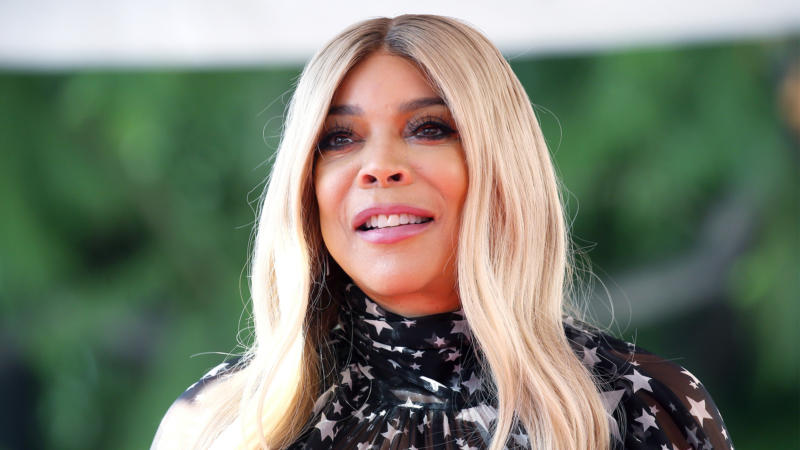Wendy Williams may be being exploited — at least according to reports.
People Magazine says that Wells Fargo Bank — which reportedly has “several million dollars” of Williams’ money — has denied the talk show maven access to that money.
The bank is reportedly denying access based on the word of Wendy Williams’ former financial adviser, Lori Schiller, who told the courts that Williams “was of unsound mind.” Schiller also strongly insinuated — but didn’t outright state — that Williams might be the victim of financial abuse in the form of a conservatorship or guardianship.
“Reports of the financial adviser, who has recently witnessed telltale signs of exploitation, including [Williams]’s own expressed apprehensions” was Wells Fargo’s official reasoning behind not releasing the funds to Williams.
“We deny any allegations of improper actions with respect to Ms. Williams’ accounts and are fully participating in a court process to reach a resolution that is in her best interest. The financial well-being of our clients is at the heart of everything we do,” the bank said in a statement to People. What’s more, Wells Fargo — through its attorney, David Pikus — referred to Williams as an “incapacitated person” who is the victim of “undue influence and financial exploitation.”
But Williams has a different story. She accused Schiller of “malfeasance,” and claimed that she engaged in “improper conduct” in their professional relationship. She also claimed that Wells Fargo was wrong for denying her access to the funds based solely on Schiller’s word and that things are getting financially dire for Williams as a result. If the freezing of Wendy Williams’ assets continues, she “will be in default of several bill payments, including her mortgages, her marital settlement payment, and employee payroll” and will “continue to suffer imminent and irreparable harm,” per the outlet.
What’s more, Wendy Williams’ attorney says that Wells Fargo’s request to appoint a conservator is evidence of their malfeasance.
“Their decision to deny [Williams] access to her financial assets for weeks without providing her or her counsel with an adequate explanation or evidence to support its decision and their decision to wait until [Williams] filed an emergency petition for a preliminary injunction before pursuing, or notifying [Williams] that it had pursued, a guardianship proceeding gives pause for concern about [Wells Fargo]’s intentions,” he said in the answer, per the outlet.
Conservatorship: A Boon or a Scam?
Conservatorships have made headline news, as of late, thanks to pop princess Britney Spears and the end of her father’s undue influence on her.
But are conservatorships a bad thing? In my opinion, the answer is yes — and no.
According to US News & World Report, approximately 1.3 million Americans are currently under conservatorship — and the conservators manage more than $50 billion in combined assets.
In theory, conservatorships are designed to aid people who are no longer physically or mentally capable of rendering sound financial decisions for themselves.
And as long as the money under conservatorship is being used for the benefit and well-being of the person under guardianship, it’s a good thing.
But these types of situations are also rife for abuse. Dr. Sam Sugar, founder of Americans Against Abusive Probate Guardianship, told US News & World Report that the system “has been perverted from the laws that were supposed to help people into laws that are subverted into a money-making scheme because guardianship is all about money — particularly professional guardianships that result in the abuse and exploitation of the very people who are vulnerable.”
And while Wendy Williams’ mental and physical health — and rumored conservatorship — are all speculative, it’s worth noting that both Spears and Williams were purported to have dementia, which is one of the reasons conservatorships are ordered by the courts.
Is it possible that both women suffer from the same disease? Absolutely. Is it statistically likely? Not quite.
According to the Mayo Clinic, early-onset dementia (which is dementia that afflicts people who are under the age of 65 — and neither Spears nor Williams are close to 65-years-old) only occurs in about five or six percent of the population.


